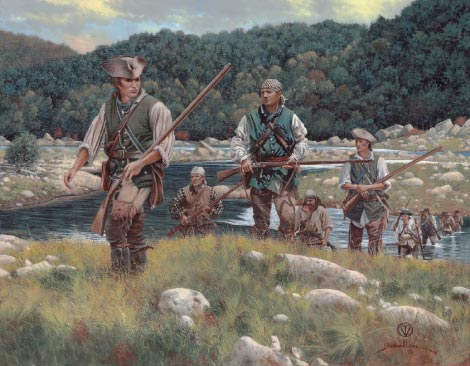Off Topix: Embrace the Unexpected in Every Discussion
Off Topix is a well established general discussion forum that originally opened to the public way back in 2009! We provide a laid back atmosphere and our members are down to earth. We have a ton of content and fresh stuff is constantly being added. We cover all sorts of topics, so there's bound to be something inside to pique your interest. We welcome anyone and everyone to register & become a member of our awesome community.
You are using an out of date browser. It may not display this or other websites correctly.
You should upgrade or use an alternative browser.
You should upgrade or use an alternative browser.
Fav political leader?
- Thread starter Randy
- Start date
I have to admit to being quite surprised by your pick. I am not used to hearing about him for positive reasons. I am much more familiar with their racism and relationship to colonialism.Winston Churchill. Everyone loathed his appointment, but he led the nation through unfathomably bad times.
I don't admire the bad, but I respect the good. I suppose I really should overlook him, because his views on those issues were quite horrible. Perhaps growing up with the romanticized version of him and what he did in the war times has tinted my view of him.I have to admit to being quite surprised by your pick. I am not used to hearing about him for positive reasons. I am much more familiar with their racism and relationship to colonialism.
Churchill was a good man for his time; of course, looking at him from today's time.... *shrugs*Winston Churchill. Everyone loathed his appointment, but he led the nation through unfathomably bad times.
That said, good choice.
I think that is sadly all too common with a lot of states in general and especially those which were involved in colonialism. As a settler colony we have our mythologized history which also whitewashes the impacts of colonialism here in New Zealand. Political or military figures who have been idolized in spite of the role they played in history.I don't admire the bad, but I respect the good. I suppose I really should overlook him, because his views on those issues were quite horrible. Perhaps growing up with the romanticized version of him and what he did in the war times has tinted my view of him.
Churchill was a good man for his time; of course, looking at him from today's time.... *shrugs*
That said, good choice.
Was he even a good man for his time though? There have been a fair amount of critiques now about his racist views and policies that he implemented. Especially concerning the lots of those living in the colonies.
Last edited:
Just look at America and how we've struggled and tried acknowledging past wrongs....As a settler colony we have our mythologized history which also whitewashes the impacts of colonialism here in New Zealand. Political or military figures who have been idolized in spite of the role they played in history.
The denial of history over there is even worse than it is here. We have had recent amendments to our history curriculum for instance which will be addressing the negative aspects of our history more sincerely. Whereas over there it has been the trend to make that teaching of history illegal. Not that we haven't had resistance to that teaching of history here. Until very recently, less than 5 years ago, there were still schools that wouldn't even look at that part of our history. Instead choosing to focus on the injustices committed in say Australia against their Indigenous people.Just look at America and how we've struggled and tried acknowledging past wrongs....

Remind me to tell you about what happened when a Tennessee school taught about the integration of schools during the Civil Rights Movement; let's just say the people in that community were not happy....Whereas over there it has been the trend to make that teaching of history illegal.
I’ve always had a fondness for John Adams. A good man all around that was a bit temperamental, stubborn and rash that helped create a country.
Along those lines.....I’ve always had a fondness for John Adams. A good man all around that was a bit temperamental, stubborn and rash that helped create a country.
During the first half of the conflict few pioneers of the Appalachian Frontier took part in the American Revolution. Indeed, the struggle of the thirteen colonies for independence was almost as remote to the frontiersmen as if it were taking place on another planet. Yet in conquering the wilderness they were unconsciously helping to build that political edifice for which their warring brothers to the east were laying the foundation.
The conquests of the pioneers resulted in the establishment of new commonwealths which, united to the thirteen original colonies, were to advance the borders of the United States to the Mississippi River and eventually even beyond it. While the settlers were jealous of their local independence, as Americans they felt drawn to a larger commonality for whose cause they were always ready to fight. And now they were about to be given an opportunity to come to the relief of their brothers on the seaboard and, in so doing, to strike a telling blow in the advance of American nationality...
Leaders included: Charles McDowell, John Sevier, Isaac Shelby, William Campbell, Thomas Lytle and William Caldwell
They're not quite as well-known as other revolutionaries but without the Overmountain Men and their victory at Kings Mountain, the American Revolution might've turned out differently...

Margaret Thatcher.

